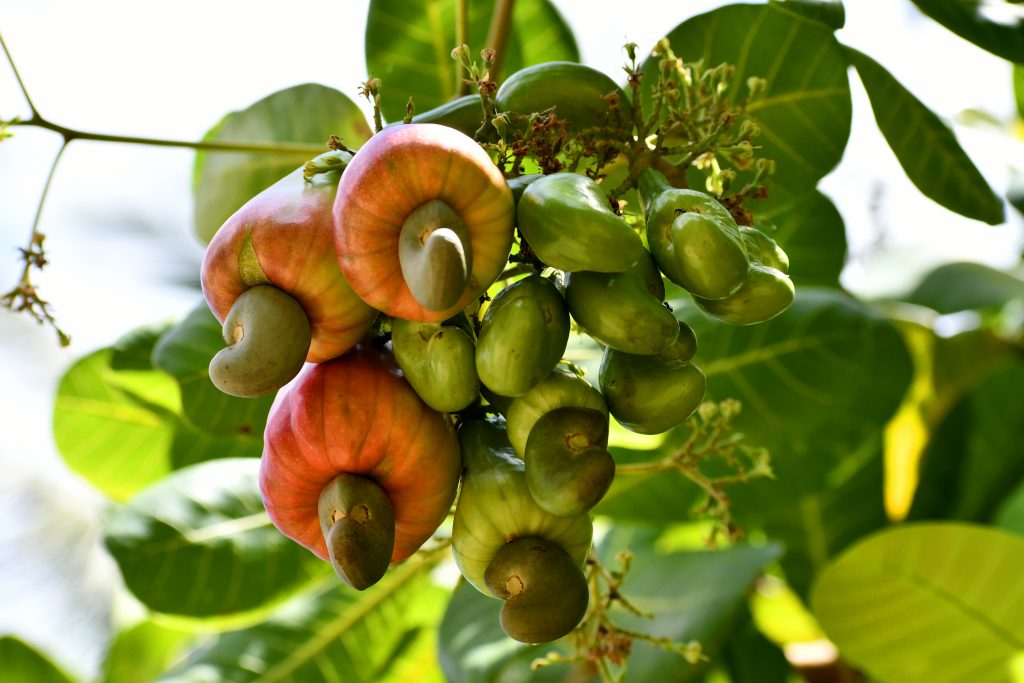
How can we develop sustainable and economically viable biobased epoxy thermosets and composites from cashew nutshell residue? This question is the centre to this research. First, the pyrolysis process will be optimized for the effective production of CNSL. Next, the cardanol in the CNSL will be purified and modified to make the recyclable biobased epoxy thermoset. Finally, by adding biocarbon (which is also produced during the pyrolysis of cashew nutshell) to the biobased epoxy thermoset, a composite with enhanced mechanical, electrical, and thermal properties is expected to be obtained
What are thermosets?
Thermosets are polymeric materials that contain chemical crosslinks, which, once formed, cannot be thermally processed further. Epoxy thermosets are extensively used for coatings, adhesives, and structural applications as they typically impart outstanding mechanical and electrical properties as well as chemical resistance. The currently used epoxy thermosets are produced from fossil-based non-recyclable materials. To be able to meet the circularity and sustainability goals set by the EU, this needs to change. Biobased epoxy thermosets from residual streams are considered a promising and urgently needed alternative to regular epoxy thermosets.
Biobased epoxy thermosets from cashew nut shells!
The Cashew Nut industry could play a significant role in the development of these biobased epoxy thermosets. Global cashew nut production is about 4 million tons/year. The cashew nutshell is currently discarded as waste or used as an inefficient fuel, creating environmental issues. The cashew nutshell contains Cashew Nutshell Liquid (CNSL), which consists of the valuable chemical component cardanol. This cardanol can be obtained from cashew nutshells via pyrolysis and can be used to produce biobased epoxy thermosets. However, systematic studies about the production, properties, recyclability, and commercial opportunities of the cardanol-based epoxy thermosets are lacking.
Bundling knowledge
In this project consortium partners Avans, Rotterdam University of Applied Sciences, Maastricht University, TU/e, Nuts2, Charcotec, NPSP, SABA, and Prokol jointly aim to answer the question The success of this project serves as a catalyst for the development of sustainable solutions in the thermoset industry and contributes to the sustainable application of cashew nut residue.












